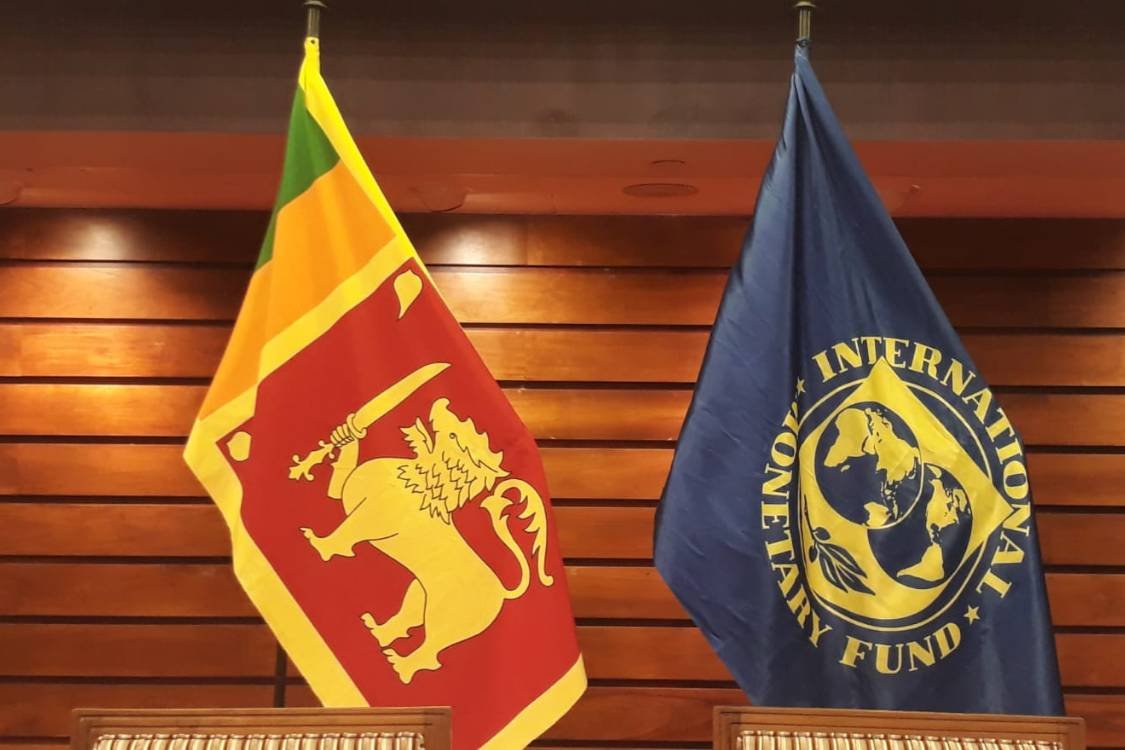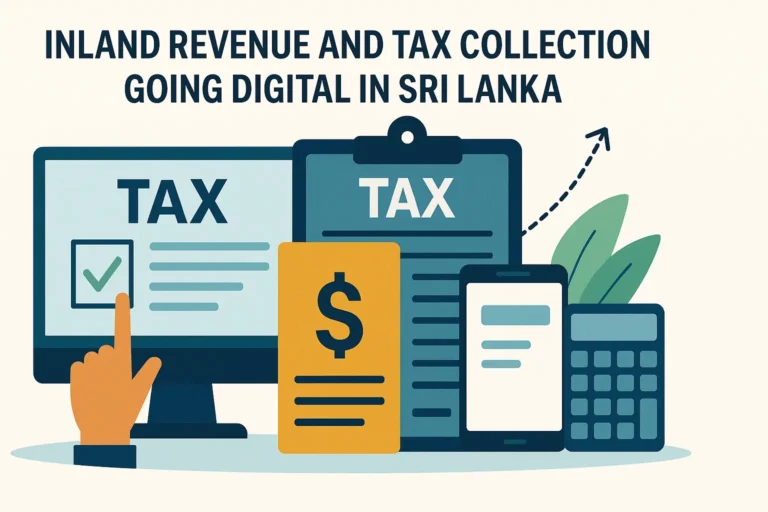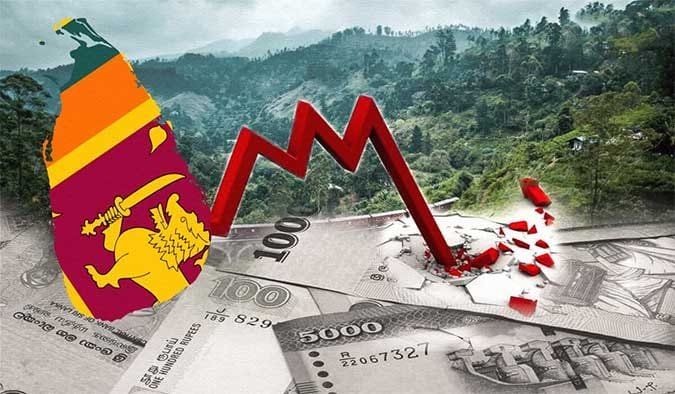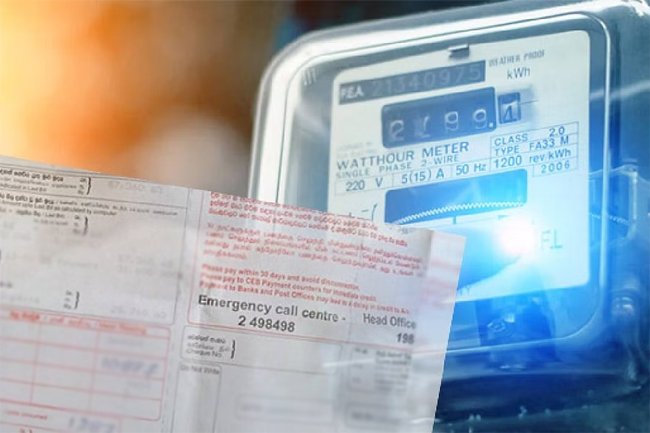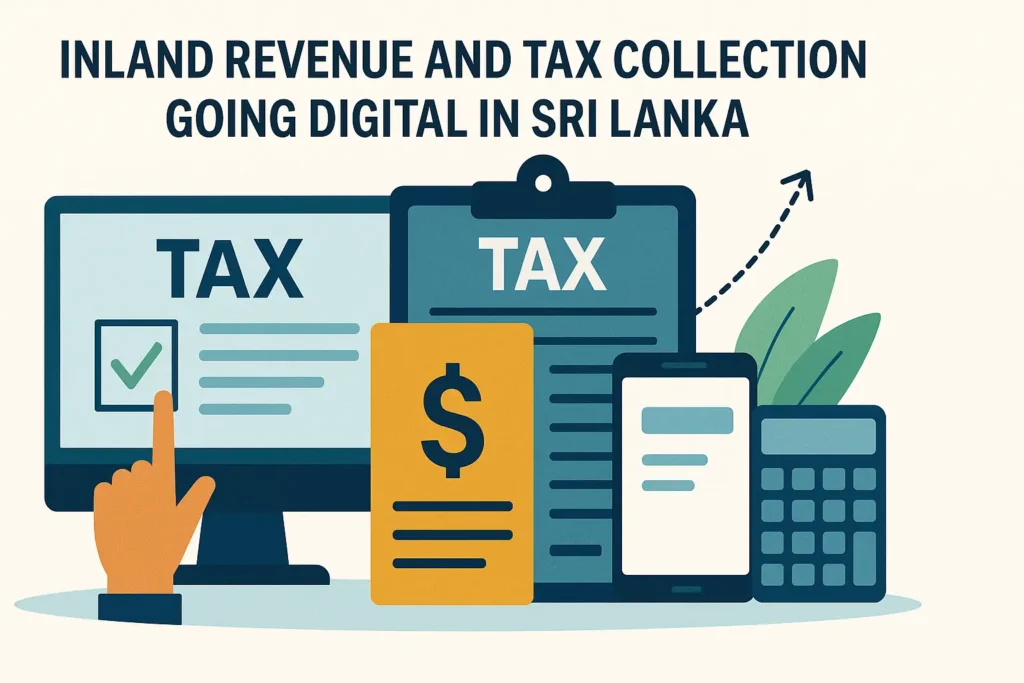In March 2023, Sri Lanka secured a significant milestone in its journey toward economic recovery: a $3 billion bailout from the International Monetary Fund (IMF). This financial support, coupled with accompanying economic reforms, has been pivotal in stabilizing the nation’s economy and restoring investor confidence(IMF Support and Economic Reforms). Here’s an overview of how the IMF support and reforms have shaped Sri Lanka’s path to stability.
The Significance of IMF Support
The IMF bailout was a critical turning point for Sri Lanka, providing much-needed financial resources to address immediate fiscal challenges. The bailout was not just a financial lifeline but also a signal of the country’s commitment to implementing necessary reforms and restoring economic stability.
Key Economic Reforms
Fiscal Management Improvements:
Budgetary Reforms: The IMF support came with stringent fiscal management requirements, including reforms to improve budgetary practices. These measures aimed to enhance transparency, reduce budget deficits, and ensure more effective allocation of resources.
Debt Reduction Strategies: A key focus of the IMF bailout was addressing Sri Lanka’s high public debt. The government engaged in debt restructuring negotiations to manage and reduce its debt burden, which was crucial for restoring fiscal balance.
Boosting Investor Confidence: IMF Support and Economic Reforms

Regulatory Reforms: To attract and retain investors, Sri Lanka undertook regulatory reforms to create a more favorable business environment. Simplifying regulations and improving the ease of doing business were essential steps in rebuilding investor confidence.
Anti-Corruption Measures: Addressing corruption and improving governance were important aspects of the reforms. By implementing anti-corruption measures and strengthening institutions, the government aimed to create a more stable and predictable economic environment.
Strengthening Financial Sector Stability:
Banking Sector Reforms: Reforms in the banking sector aimed at improving financial stability and resilience(IMF Support and Economic Reforms). Measures included strengthening regulatory frameworks and enhancing oversight to prevent financial crises and ensure the stability of the financial system.
Social and Economic Equity:
Targeted Social Programs: The IMF support also emphasized the importance of social equity. The government expanded social welfare programs to support vulnerable populations and mitigate the impact of economic adjustments on low-income families.
Impact on Sri Lanka’s Economy
The IMF support and economic reforms have had a profound impact on Sri Lanka’s economic landscape. The reforms have contributed to fiscal stability, reduced debt levels, and improved investor confidence. These changes have laid the groundwork for sustainable economic growth and created a more stable environment for businesses and individuals.
Challenges and Future Outlook
While the IMF support and reforms have set Sri Lanka on a positive trajectory, challenges remain. Maintaining the momentum of reforms, ensuring effective implementation, and addressing ongoing economic challenges are crucial for sustaining progress(IMF Support and Economic Reforms). Continued commitment to reform agendas and strategic economic planning will be essential for achieving long-term stability.

Conclusion
The $3 billion IMF bailout and the accompanying economic reforms have been instrumental in Sri Lanka’s journey toward economic stability. By improving fiscal management, reducing debt, and boosting investor confidence, Sri Lanka is paving the way for a more resilient and prosperous future(IMF Support and Economic Reforms). As the country continues to navigate its recovery, the focus on implementing and sustaining reforms will be vital for achieving enduring economic success.

